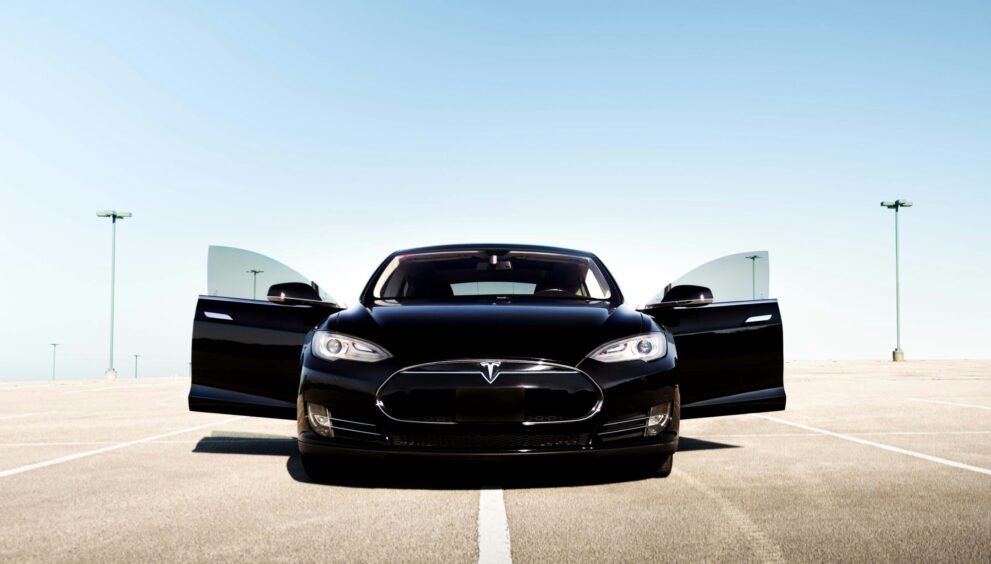How Do I Claim EV Tax Credit Lease? Everything You Need to Know in 2025

How do I claim EV tax credit lease? If you’re leasing an electric car, you’re probably wondering whether you still qualify for the popular EV tax credit—which can save up to $7,500. The good news? Leasing can give you access to these savings, but the way you claim them is a bit different from buying.

Many EV shoppers choose to lease instead of buying, whether it’s to try out new models, access the fastest charging EVs, or avoid long-term maintenance. But with recent updates in U.S. tax law under the Inflation Reduction Act, it’s more important than ever to understand how the EV tax credit works for leases.
In this guide, we’ll walk you through the process, benefits, limitations, and best practices for getting your EV lease credit—and how to make sure the savings actually reach your wallet.
EV Lease vs Purchase: What’s the Difference for Tax Credits?
When you buy an EV, you may qualify for the federal Clean Vehicle Tax Credit, worth up to $7,500. However, leased EVs follow a different rule: the leasing company (not the driver) officially claims the credit because they are the actual owner.

Here’s what that means:
- Purchasing = You claim the credit on your tax return.
- Leasing = The lessor (finance company) gets the credit but can pass savings on to you through lower monthly payments.
So, while you can’t directly file for the credit as a lessee, you benefit indirectly—if the dealership or leasing company applies the incentive to reduce your lease cost.
How to Claim the EV Lease Tax Credit (Indirectly)
How Do I Claim EV Tax Credit Lease? Although you don’t claim the credit on your taxes, you should negotiate and confirm how it’s applied when signing your lease.

Steps to follow:
- Ask if the lessor qualifies for the full $7,500 tax credit.
- Confirm how the credit is applied: Will it reduce your down payment or monthly payments?
- Get it in writing in your lease contract.
- Compare lease offers between dealers—some may apply more of the credit than others.
Which EVs Qualify for the Lease Credit in 2025?
One major benefit of leasing: You can get the tax credit even if the vehicle doesn’t meet strict U.S. manufacturing or battery sourcing rules. That’s because leases fall under the “commercial clean vehicle” credit category.
What this means for you:
- EVs made outside the U.S. (like Hyundai or Kia) may still qualify when leased.
- You can access savings even if you wouldn’t qualify as a buyer (due to income limits, for example).

This makes leasing a smart option for those looking at imported models or higher-income buyers who don’t qualify under personal income caps.
Pros and Cons of Leasing an EV for the Tax Credit
Pros:
- Lower upfront costs
- Immediate benefit from tax credit savings
- Access to EVs that may not qualify when purchased
- Flexible for tech-savvy drivers who like frequent upgrades
Cons:
- You don’t own the vehicle
- Can’t claim the tax credit directly on your return
- Savings vary by dealer/leasing company
- Mileage limits and wear-and-tear fees apply
If you’re comparing affordable electric cars or want to skip electric car maintenance hassles, leasing might be ideal—especially with the built-in tax savings.
Examples of Lease Deals with EV Tax Credit Applied
Here are some popular EV lease deals where the tax credit is commonly passed to the customer:
| EV Model | Lease Price (Approx.) | Tax Credit Applied? | Notes |
|---|---|---|---|
| Tesla Model 3 RWD | $329/month | Yes | Credit already factored in |
| Hyundai Ioniq 5 | $299/month | Yes | May vary by state/dealer |
| Chevy Bolt EUV | $249/month | Yes | Ends after 2025 |
| Kia EV6 | $339/month | Yes | Import model benefits via lease |
What About State Incentives?
In addition to the federal EV lease credit, some states offer cash rebates, tax breaks, or utility perks when you lease an EV.
Examples:
- California: Up to $1,500 back for low-income lessees.
- New Jersey: No sales tax on electric vehicle leases.
- Colorado: Additional state EV tax credit of $2,000.
Conclusion: Is Leasing an EV a Smart Way to Get the Tax Credit?
Absolutely—if done right. How do I claim EV tax credit lease? The key is understanding that you don’t file the credit yourself, but you still benefit from it when the leasing company passes the savings to you.
Before you sign, ask questions, compare offers, and make sure the credit is clearly applied. If you want to drive one of the best EVs for families or try out the latest affordable electric cars, leasing gives you flexibility—and tax credit savings without long-term commitment.























































































































































































































































































































